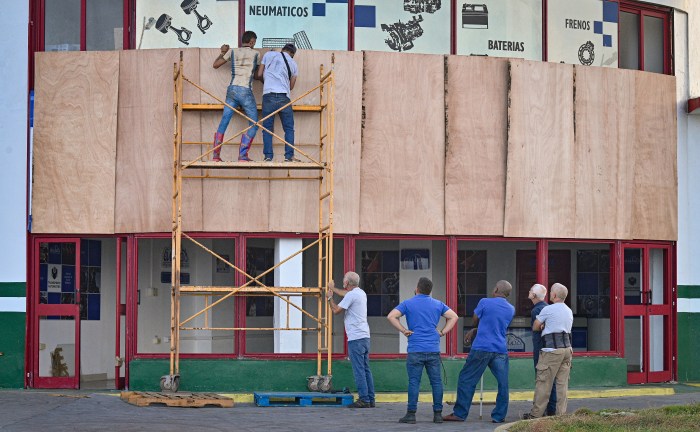Cuba has activated a branch of its submarine fiber optic cable that connects to Jamaica, giving it greater bandwidth and a backup in case the main leg to Venezuela is not available, an American company claims.
Doug Madory, senior analyst at Renesys Corporation in North Berwick, Maine said on May 21 that the company has noticed that ETECSA, the Cuban government’s telecommunications monopoly, has started to receive international Internet service through Cable & Wireless Jamaica.
Madory said that indicates that Havana is now using the Jamaica branch of the ALBA-1 submarine cable that connects Venezuela and Cuba.
He said Cuba started carrying Internet traffic on the main Venezuela leg in January, although the cable was finished two years ago.
Madory said the Jamaica link gives Havana greater bandwidth for its international Internet connections, as well as a backup in case the leg of ALBA-1 to Venezuela is interrupted.
Until January, he said ETECSA was routing all Internet traffic through three satellites, which have much slower and expensive Internet connections.
For instance, Madory said U.S. traffic to Cuba had to travel about 43,000 miles — up to the satellites and then back down.
The 1,000-mile-long Cuba-Venezuela cable began carrying voice traffic for international calls last August, according to a Jan. 24 note by ETECSA, officially the Cuban Telecommunications Enterprise.
But on Jan. 10, ETECSA technicians “began to carry out quality tests on Internet traffic,” the note said.
“These are being carried out using real traffic from and to Cuba, with the goal of normalizing this communication,” it added.
The note said that even after the cable is fully operational, Cubans will not get increased or cheaper access to the Internet because the overall network on the Spanish-speaking Caribbean island still requires improvements.
Cuba reportedly has one of the lowest Internet connectivity rates in the Western Hemisphere.



















